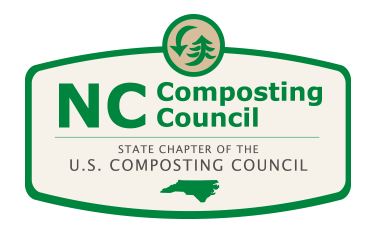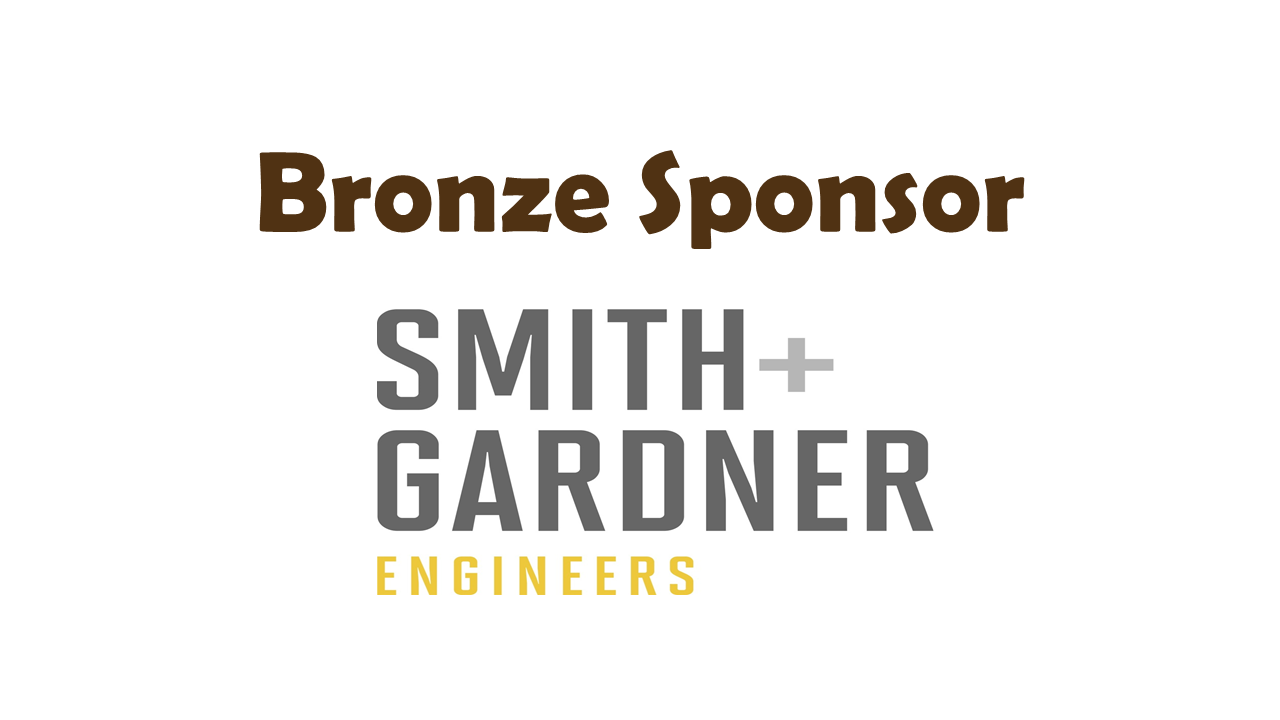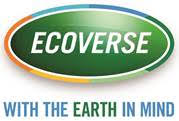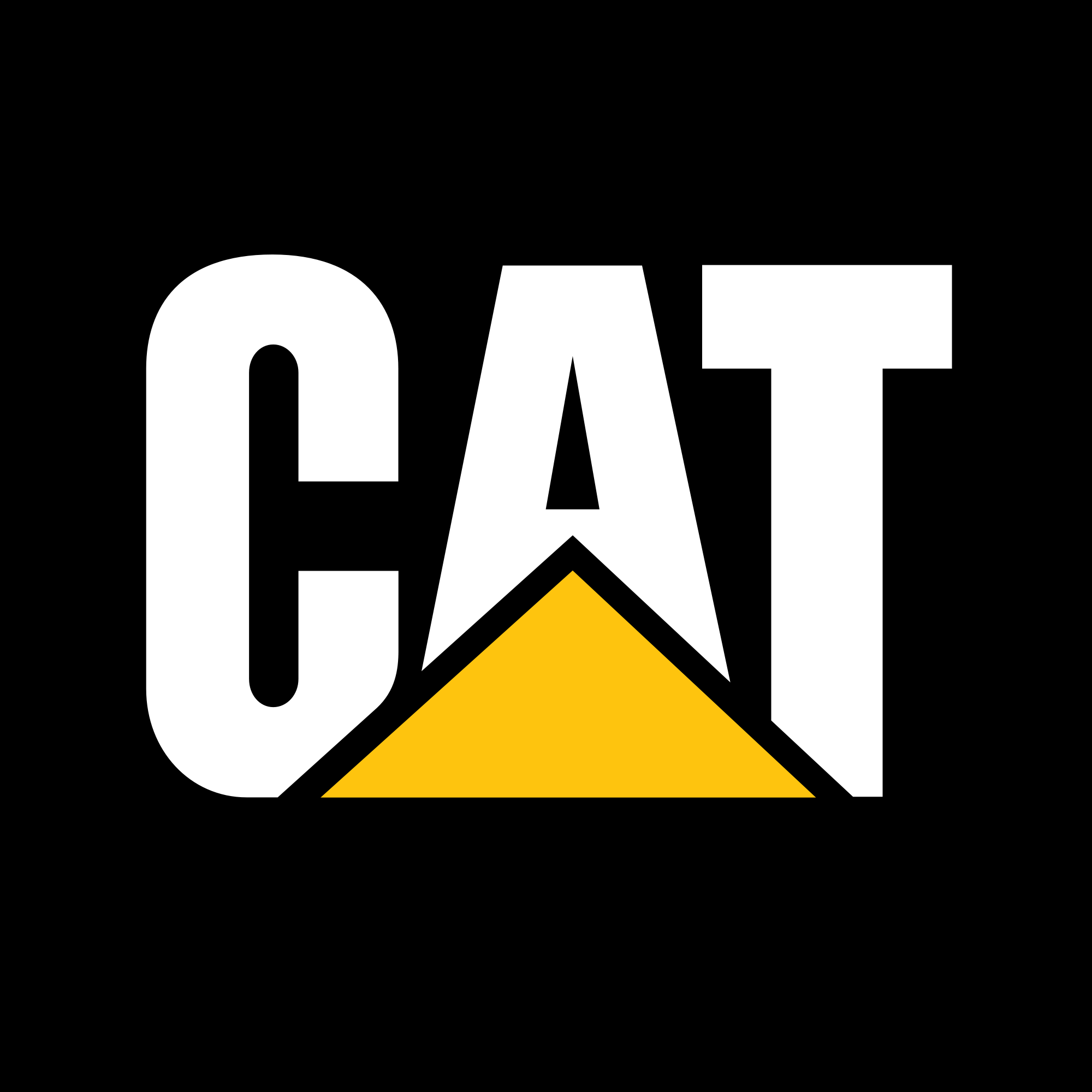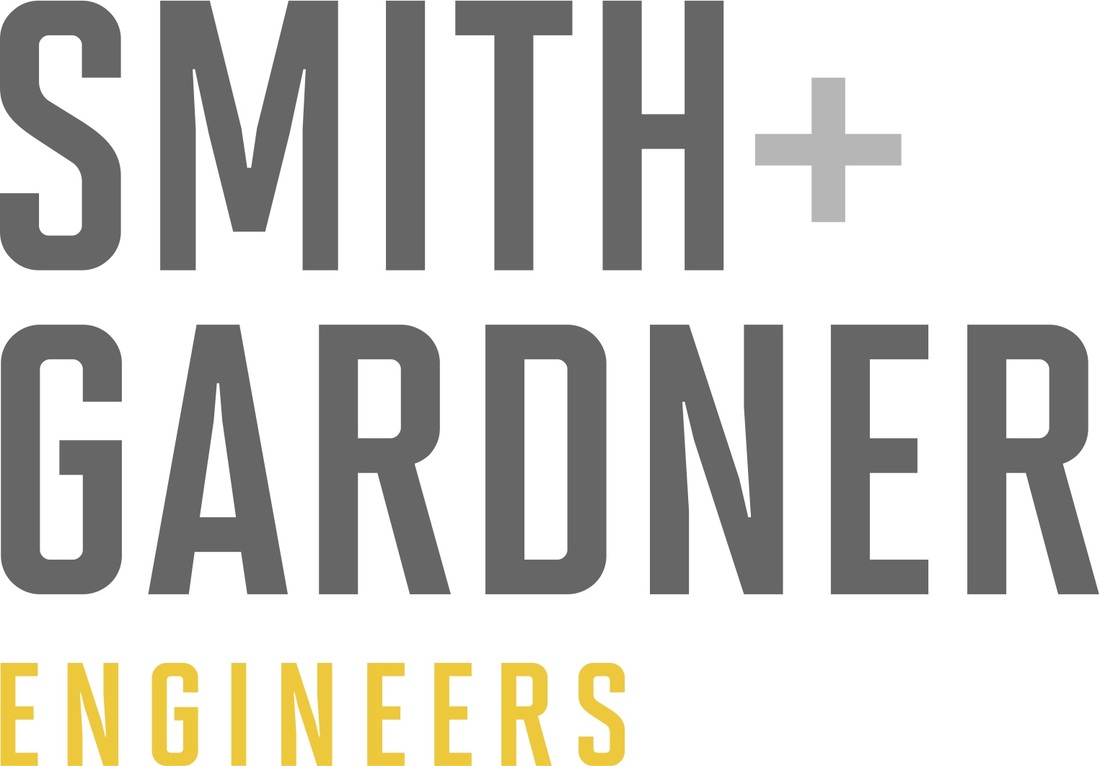The Natural Resources Conservation Service (NRCS) offers a variety of programs to assist farmers engaging in conservation practices and achieving long-term sustainable practices. This session will provide examples and information to explain what NRCS offers, how to apply and participate in certain programs, and stories and examples of how farmers have worked with NRCS and received support. This workshop will be facilitated by Dr. Kathleen Liang, CEFS Director based at North Carolina A&T State University, and include presenters who have worked with NRCS programs.
![]()
